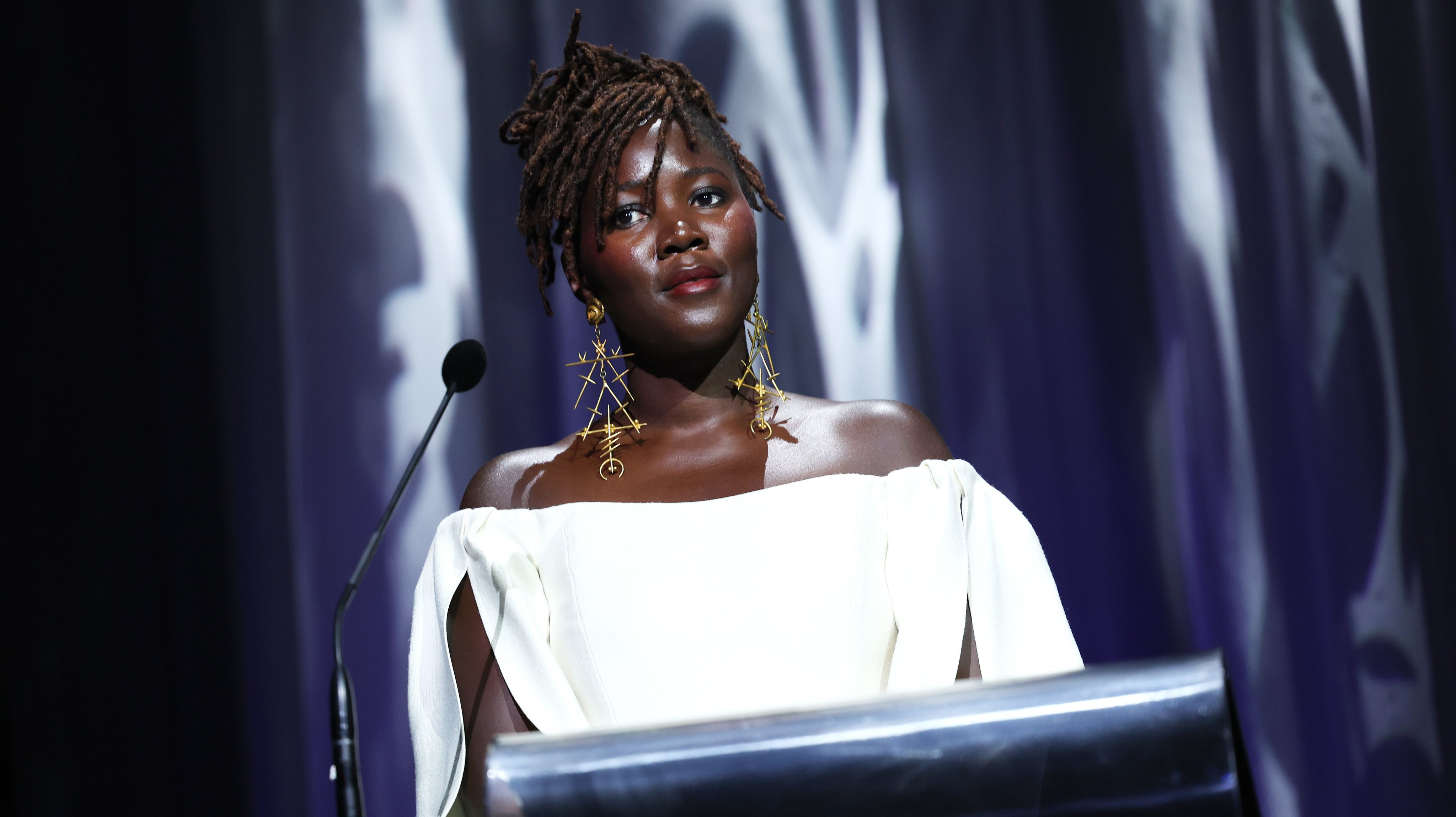“We Vote” is the name of the collective created by Alice Diop to mobilize young people from popular neighborhoods to vote. For them (and for Diop) the rise of the extreme right “is a matter of life or death.”
French director Alice Diop created a collective whose objective is to encourage young people to vote in the early legislative elections in France. She wants them to stop abstaining and mobilize against the “rampant racism” that has been felt in the country and the rise of the far right.
“Hello, my name is Alice Diop and I haven’t been feeling well since the election. And I am not the only one. Many of us are afraid. “I would like to tell you about a group that has just been created.” It was the voice message left by Diop to the group of French friends, artists and cultural figures that started the debate. In an interview with the French newspaper Libération, the director explained the fear and revolt that are at the origin of the group.
Following the results of the European elections, on June 9, the French President Emmanuel Macron dissolved the National Assembly and called early legislative elections. Diop admits that that night he “couldn’t sleep.” Four days later he sent the first message and the collective was born.
“Let’s vote!” (Votamos, in the Portuguese translation) wants to remove racialized young people who live in social and working-class neighborhoods from abstention, the same reality in which Diop grew up. The director maintains that, for these people, the rise of the extreme right in the country “is a matter of life or death.”
According to the French director, electoral campaigns do not know how to address the issue of systemic racism in France. “Racism is so widespread, so shared, but in such a hidden way, as if it had disappeared,” he declares in the interview. “There’s an elephant in the room that no one wants to see,” he adds.
In the campaign, the “elephant” that spreads racism has a name: National Union. According the surveys, Marine Le Pen’s far-right party will be the big winner of the elections on June 30 and July 7, with more than 30% of voting intentions. The National Union’s campaign has been marked by promises of harsh anti-immigration policies.
France. Survey places the National Union in the lead in voting intentions
However, for Diop, “it is not enough to say that the National Union is a xenophobic party”, it is necessary to understand what a xenophobic party is and why Le Pen’s party fits this description. “I hear different analyzes about the motivation to vote for the National Union, there are many things that are said. But what is the common denominator of all these people? “It is racism, it is a vision of the world, a desire to return to a certain idea of France, to a fantasy past in which he would be seen as a foreigner, an enemy,” the director argued.
Diop wants to counteract the systemic trend. To do so, she speaks directly to people who, like her, will be most affected by far-right politics and racist discourse. As a black woman, she accepts that her identity is an inescapable part of all her experiences.
“When you are a black woman in France, your entire life is determined by how you react to the racist microaggressions you experience everywhere: in intimate, social and professional interactions. There is no space where they do not force you to look for strategies to resist the box they want to put you in,” she explains, based on her experience.
From this experience also emerges the director’s art: a social critique that exposes “hidden racism” and other problems in French society. His work is recognized in the country for its social and documentary value. But the recognition is also international.
In 2022, the feature film Saint Omer, based on real events, earned him the Second place in the main competition of the Venice Biennale.. That same year she was chosen by France as a candidate for the Oscar for Best Foreign Film. Despite not being nominated, she was the first black woman to represent the country in the race for the golden statuette.
Source: Observadora
